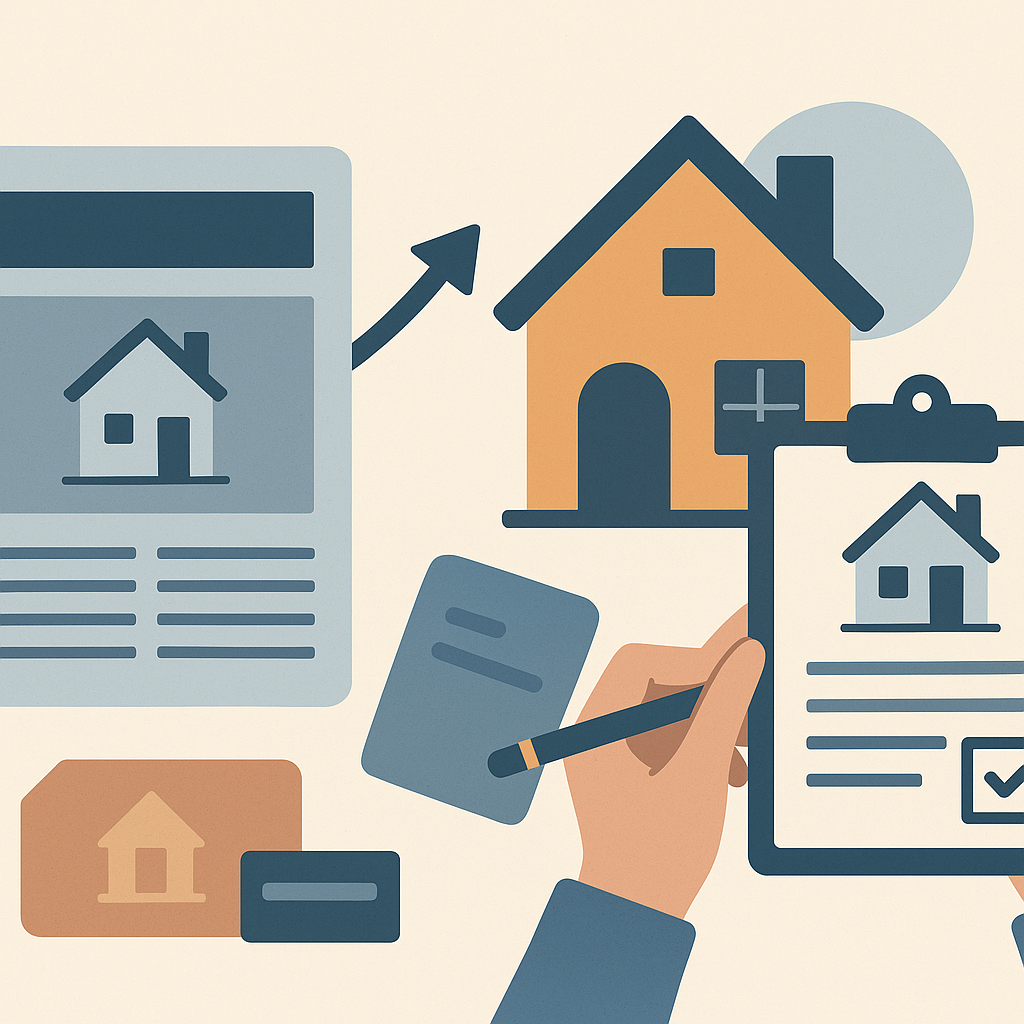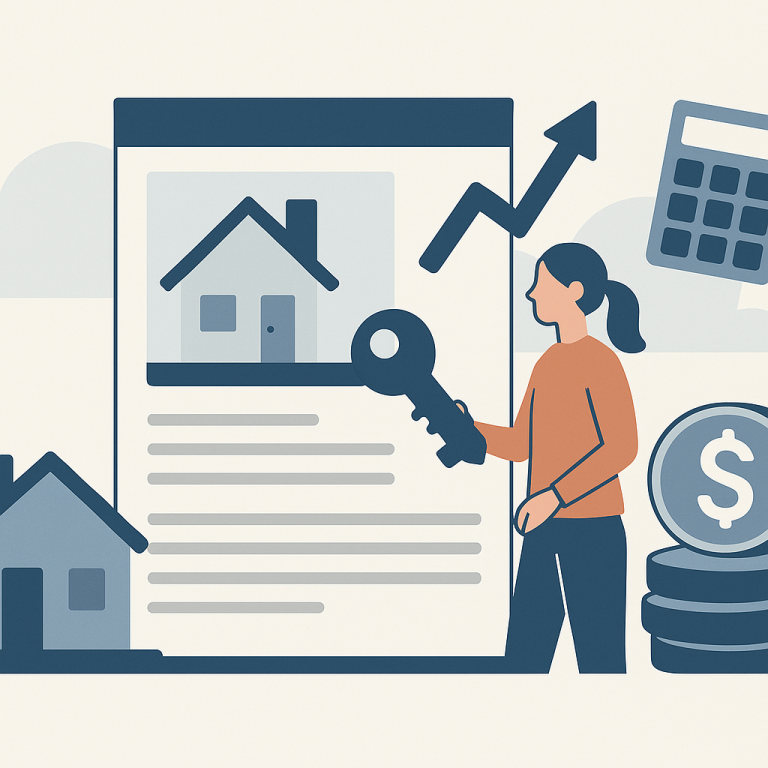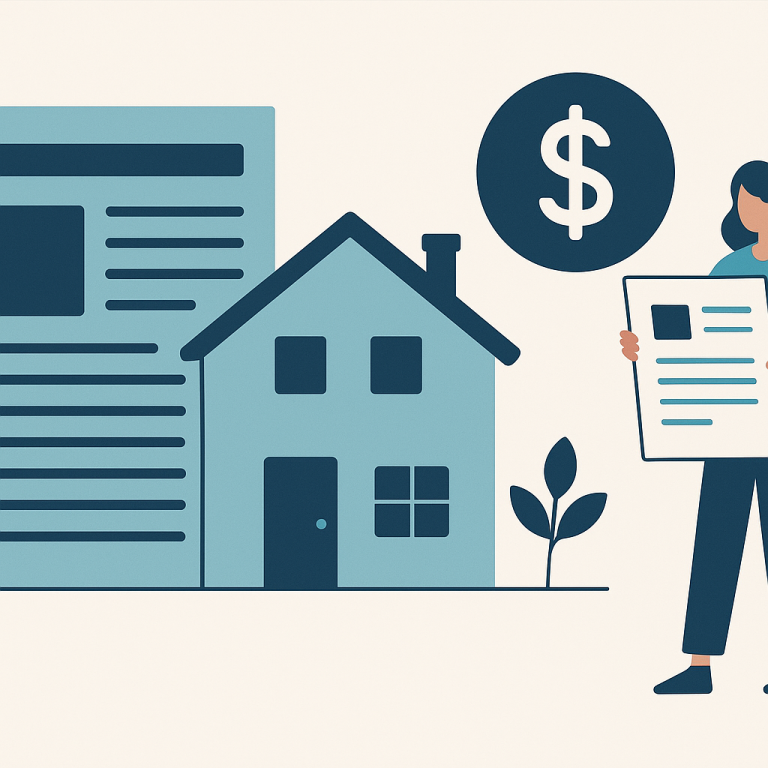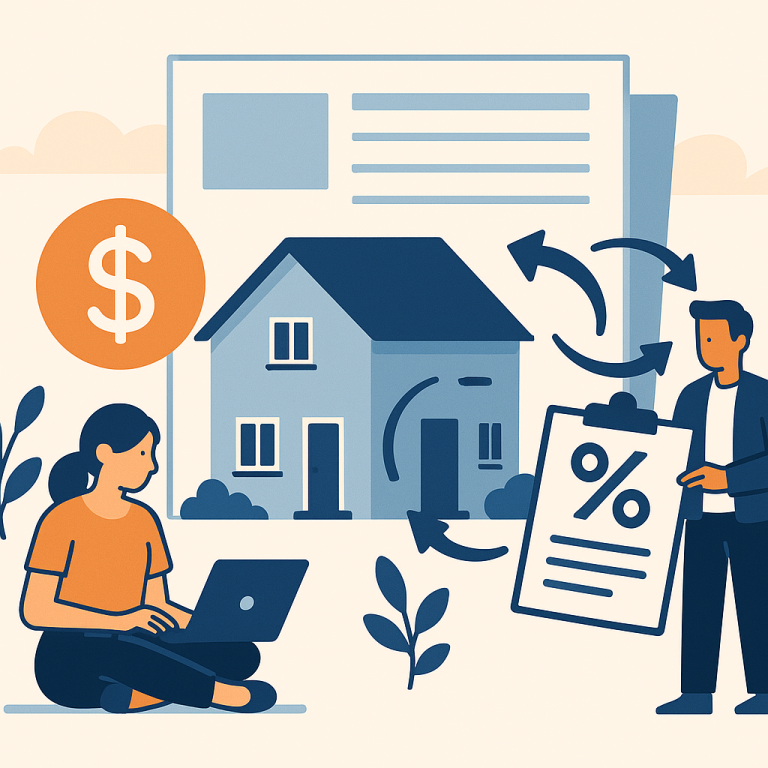Mortgage Refinance Applications Fall 12% After Rate Hike; Share Hits Two-Year Low
At a glance: The latest mortgage rate drop and how it could affect refinancing decisions.
Mortgage rates have moved lower. That can improve affordability and may reopen refinance options for borrowers whose current rate is above today’s quotes.
What the Rate Drop Means for Borrowers
As interest rates fluctuate, a distinct refinancing choice is emerging: homeowners are opting to refinance into shorter-term loans even when market rates are not at historic lows. The central idea is trade-off management—accepting a higher monthly payment in exchange for a shorter payoff horizon, faster equity accumulation and less total interest over the life of the loan. For homeowners focused on long-term financial goals, this strategy can make sense regardless of whether headline rates are rising or falling.
How the strategy works
Refinancing to a shorter term reduces the number of years over which interest accrues. Even if the interest rate on the new loan is not substantially lower than the current rate, compressing the repayment schedule concentrates principal repayment and reduces cumulative interest. The result is a mortgage that builds equity faster and can free up future cash flow once the loan is paid down.
Who should consider this approach
- Homeowners planning to stay put long term: If you expect to remain in the property, faster payoff can deliver meaningful interest savings and financial flexibility later.
- Buyers of stability: Homeowners who prioritize owning their home outright within a shorter timeframe may prefer a slightly higher payment now to eliminate the mortgage sooner.
- Those with increasing or stable incomes: If household cash flow can comfortably absorb a higher monthly payment, shortening the term may be viable.
Costs and practical considerations
Refinancing carries closing costs and fees that offset some of the benefits, so homeowners should evaluate how those costs interact with their goals. Because the monthly payment typically rises with a shorter term, budgeting for the new payment is essential. Homeowners should also consider the impact on emergency savings and near-term financial priorities before committing.
Other practical factors include prepayment penalties on the existing mortgage, the availability of loan programs that match the homeowner’s credit profile, and whether existing tax circumstances change with a reduced interest deduction. Talking with a lender or financial advisor helps clarify how these elements apply personally.
Alternatives to consider
- Making extra principal payments: For owners who are close to the point of refinancing benefit but wary of closing costs, simply directing extra funds to principal can shorten the payoff timeline without a new loan.
- Loan recast: Some lenders offer recasting, which reduces monthly payments after a large principal payment without changing the interest rate or term structure.
- Hybrid strategies: Splitting excess cash between principal payments and retirement or emergency savings can balance debt reduction with liquidity needs.
Actionable homeowner takeaways
- Run the numbers: Compare total interest paid under current and proposed loans after accounting for closing costs and changes in monthly payment obligations.
- Stress-test your budget: Verify that the higher payment is sustainable under realistic scenarios, including potential income interruptions.
- Shop multiple offers: Different lenders may present distinct term options and fee structures that materially affect the outcome.
- Explore non-refinance options: Extra payments or recasting may achieve similar goals with lower upfront cost.
- Align with long-term goals: Choose a path that supports retirement plans, savings priorities and the timeline for staying in the home.
Refinancing to a shorter term is not universally optimal, but for homeowners focused on eliminating mortgage debt sooner and willing to accept a higher monthly payment, it can be a disciplined and effective strategy. Careful comparison, realistic budgeting and consultation with financial professionals will help determine whether the trade-offs are worthwhile.
META: refinancing-shorter-term-homeowner-takeaways






